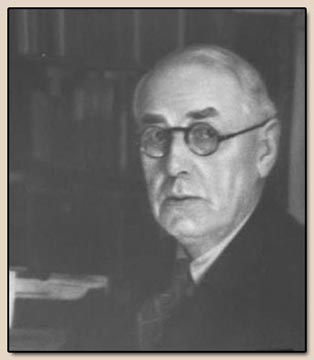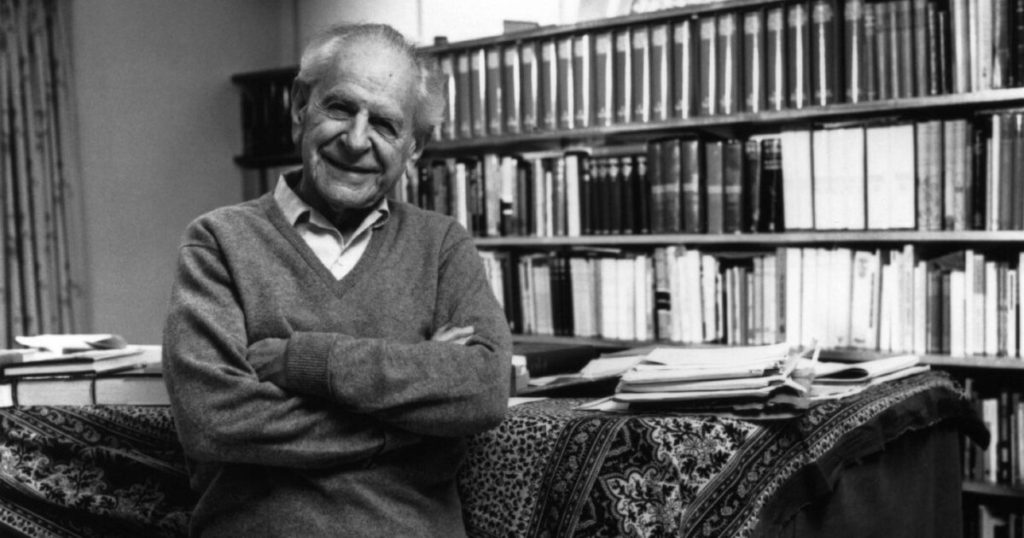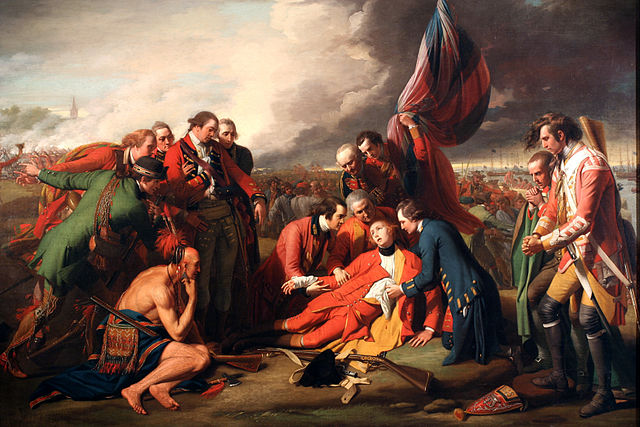History is, by definition, a social science. Yet an ongoing debate rages regarding the nature of history, whether it can be used for certain purposes, and whether it can claim scientific authority. While it has been the conventional view for some time that historical research can be conducted and presented in a purely scientific manner, others believe that artistic elements will always be present. Is it possible for historians to be completely free of bias? Will subjectivity and moral relativism always have a bearing on historical interpretation? Essentially, can history be called a science?
The facts show that it can with a strict adherence to empiricism. In the past few centuries, history has made a remarkable transformation from art to science. To shed light on this change, a definition of both history and science is required, as well as a brief lesson in historiography.
On the Nature of Scientific Inquiry
The late historian F. J. Teggart brought out early in the 20th century that his contemporaries, “in adopting the [narrative] mode of presentation for their results… have cut themselves off from any possibility of the attainment of scientific results,” and thus “with whatever care the facts are sifted, with whatever sincerity they are subsequently presented, narrative statement remains art, and, as such, not science.”[1]

That statement is reflective of the common view that many historians had at the time; Historians known as the “empiricists.” They believed that history can be both systematic and objective if, and only if, personal bias and narrative style is taken out of the picture. Would this objectivity make history a science then?
The term “science” is rich in connotation. When people think of science, often they picture a man with glasses and a white coat in some lab, surrounded by chemicals and numbers. It gives the connotation of cold hard facts, calculations, hypotheses, experimentation, etc. So the idea of history – telling accurate stories about the past – doesn’t seem to fit the bill.
However, this view misses the point of science. Science is merely a method of inquiry. In fact, one dictionary defines science as “any methodological activity, discipline, or study”[2] The commonly used term “scientific method,” simply refers to the process of stating a hypothesis, testing this hypothesis through observation and experimentation, and forming a tentative theory.
Tying this in with history, the philosopher of science Karl Popper advocated the following method for historians. They begin their research with a “conjecture”, and then “seek to disprove [it] through examination of the evidence.” A key idea is the ability for the eventual theory to be disproved. It is a basic principle in science as well, that a theory be falsifiable. Where the problem comes in with people’s perception of history is the subjective and narrative presentation in it, that had been prevalent for thousands of years.

“The empirical approach to historical research had its beginnings in the ‘scientific revolution’” Modern science itself was founded around that time, with men such as Francis Bacon who believed that “knowledge should be derived from observation of the natural world.” Later this idea was “applied to the study of human society,” history included. [3] It is then considered a social science, as opposed to the natural sciences such as chemistry, biology, and physics.
The Artistic Origins of History
The earliest historians were story-tellers. History was often told orally, and would have been more for the purpose of entertainment value. It was highly subjective, more comparable to literature than modern day history. Historians such as Homer, Herodotus, Josephus, and Tacitus tended to skew facts, purposely omit facts, and even tell lies in order to please their listeners. Throughout the ages this situation improved, but history books and chronicles consistently read like novels.
Consider as an example the book England under the Tudors by G.R. Elton. Though he claims to be an empiricist, the narrative elements in his prose are quite clear. One passage reads as follows. “Though he could feel the task somewhat eased as his journey to London assumed the proportions of a triumph, there was probably no need to remind him of men’s fickleness. The city of London, in particular, had distinguished itself by the readiness with which it had hailed each successive conqueror of the crown.”[4] It is almost as if he assumes omniscience, knowing what is going on inside the head of historical characters. Phrases such as “men’s fickleness,” come across as biased and unscientific. On top of that, there are no references given throughout the excerpt for the reader to check his facts. Overall, then, it seems as though we are reading a fantasy novel that uses a third-person perspective. It is understandable why scholars wouldn’t consider this science.
The Influence of the Enlightenment
As the study of history merged with science during the enlightenment, it became much more objective. While not all historians conformed to the scientific method, many more have proven that history can have scientific authority. Going back to F. J. Teggart, we see a very good example of empiricism. Since he denounced the narrative approach, he conducted his research in exactly the opposite way. “His book Rome and China had as its target the explanation of certain barbarian uprisings against Rome. After a long and incredibly painstaking study of all available Chinese and Roman records dating from the period… Teggart managed to elicit the following generalization: Within these decades [58 B.C. – A.D. 107] every barbarian uprising in Europe followed the outbreak of war either on the eastern frontiers of the Roman Empire or in the ‘Western Regions’ of the Chinese… Teggart based his statements on forty cases of barbarian uprisings.”[5]
Would reading Teggart’s historical prose be interesting? Perhaps it would to those who already have an interest in Roman history. But to a general audience it would come across just as dry and tedious as a math or physics textbook.
However, as much as empiricism may take away entertainment value from historical reading, it is far more credible, and the student can be assured that what he is learning is the most accurate information possible. This certainly wasn’t always the case. History was once written by the winners, by the learned men in the upper echelon of society. It was once solely focused on politics and war.
But now we see a rich new awakening of scientific study in the field of history. New sub-fields such as women’s history, Environmental history, and others that were once considered unimportant are now being examined for a more comprehensive and unbiased look at what took place in the past. And since the 19th century, we have seen an increasing importance placed on archaeology to confirm the accuracy of narrative accounts. We now have very powerful methods to determine whether or not ancient scholars such as Herodotus and Tacitus were stretching the truth, which increases our grip on historical truth.
Differences in Interpretation?
Will there always be a difference of interpretation between historians? Yes, but look at all the rifts that have taken place in biology, chemistry, and physics over the past century. Topics such as tectonic plates and evolution have divided the scientific community. Will there always be mistakes and changes in the interpretation of history? Yes indeed, but that doesn’t change the methodology that makes it a science.
When we look at traditional scientific fields such as physics, especially theoretical physics, new discoveries are constantly changing our perception of the physical world. Why should the study of the past be any different?
Conclusion
When a historian takes himself out of the equation, follows the scientific method in his research, empirically studies a topic using archaeology and primary source documents, and presents a theory professionally with the information available to him, there should be no question as to whether what he is doing is to be referred to as scientific research. Then we are not just telling stories here; we are actually doing history.
Works Cited
Davies, Peter, ed. The American Heritage Dictionary of the English Language. New York: Dell Publishing, 1977.
Fain, Haskell, History and Theory , Vol. 9, No. 2, Chicago: Blackwell Publishing,
1970. Pg. 154-173 Article Stable URL: http://www.jstor.org/stable/2504124
Green, Anna and Kathleen Troup, eds., The Houses of History: A Critical Reader in Twentieth-Century History and Theory. New York: New York University Press, 1999.
Lawrence B. Goodheart, Richard D. Brown, and Stephen Rabe, eds., Slavery in American Society, third edition. Boston, MA: Wadsworth Publishing, 1993.
Teggart, F. J., Theory of History. Yale University
Press: London, Milford, 1925.
[1] Theory of History. F. J. Teggart. Yale University Press: London, Milford, 1925
[2] Davies, Peter, ed. The American Heritage Dictionary Pg. 628
[3] Green, Anna. The Houses of History Pg. 1
[4] Green, Anna and Kathleen Troup, eds., The Houses of History, Pg. 15.
[5] Fain, Haskell, History and Theory, Pg. 154.
So what do you think?
Do you think history can be studied scientifically? Do you prefer reading narrative accounts or quantitative studies? What are your favorite History books? And seriously, what happened to having actual History on the History Channel??
From Athens’ forum to ours, live wisely my friends,
Archie the Sage

